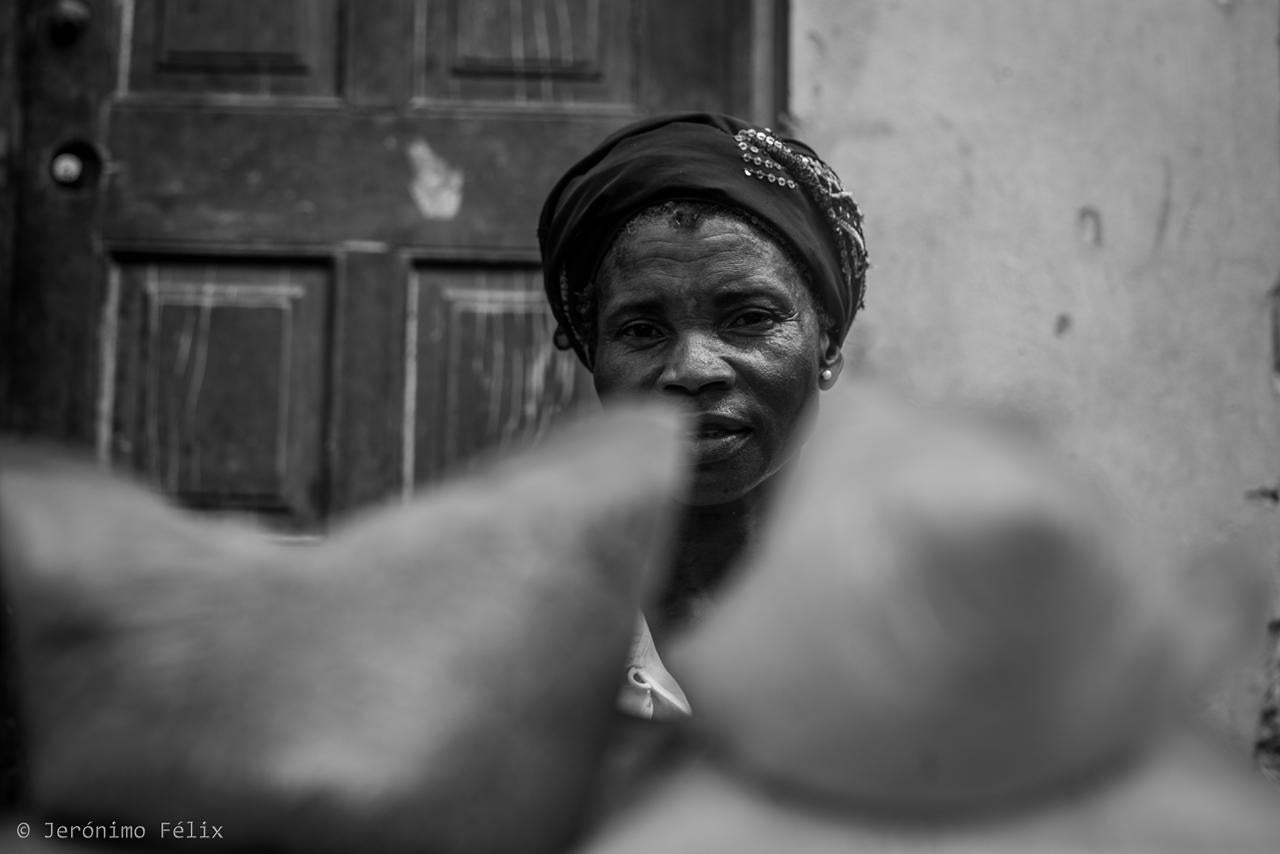
One of the narratives surrounding Intra-African trade has been that neighboring countries barely trade with one another. Yet we know that commerce between Sub-Saharan African countries predates the colonial period, when traders, often belonging to the same ethnic or family group, crossed what are now borders to exchange goods and services. This legacy persists, even though – for reasons that vary from trade barriers and regulatory compliance costs to infrastructure and behavioral constraints – most trade between neighboring African countries is conducted by vulnerable, small, unregistered traders who choose this physically demanding work largely because they lack alternatives.
According to the African Development Bank, this informal cross-border trade provides income for about 43 percent of Africa’s population. So, to discuss Intra-African trade, one must consider its informality, the small size of the traders, and the important role of women. Let’s take the example of Mozambique and Malawi. An observation of bilateral trade data for the period of 2017-2020 shows that there was little or no trade between the two neighbors for agriculture produce such as sweet potatoes, cassava, groundnuts, cotton seed, tropical fruits, and beans. But during our visits to border posts and markets across the Nacala and Beira corridors – the two main trade routes linking the countries -- after the COVID-19 pandemic, we saw a considerable flow of such agricultural goods, suggesting either that officials weren’t recording the transactions, or that products cross the border in such small parcels that they need not be recorded. These unrecorded transactions are mainly conducted by informal small-scale cross-border traders (SSCBTs) -- up to 80 percent of them women.
Most of these women have little or no education. They trade goods based on local market demand and use their earnings to acquire greater financial freedom from their husbands; obtain financial security following divorce; pay children’s school fees; take care of aging parents; or buy personal items. Alternatives are limited -- they include taking on domestic work in other African countries, where the working conditions are often harsh. Still, small-scale cross-border trade poses numerous risks due to the lack of transparency at border posts and limited availability of trading information. Many women are victims of verbal, physical, and sexual harassment by border officials and others.
At the Mozambique-Malawi border, for example, officials abuse exemptions allowing traders to cross without visas. “We are often asked for money to cross over to the other side, irrespective of having a passport or not,” one woman said during a focus group discussion. “The no-visa agreement is only binding when they feel like it.”
Women traders also face challenges in the form of tariff and non-tariff barriers, access to finance, and socio-cultural norms. In Malawi, women who seek bank loans to scale up their businesses must provide collateral and proof of fixed income, requirements that can be difficult to fulfill; married women must ask their husbands to co-sign the loan application. In practice, that often means the husband keeps the loan money and uses it for other purposes.
All these impediments mean that small-scale women traders in Mozambique and Malawi generally quit after five years. In the rare cases when they continue to work longer, few women upgrade from small to medium scale cross-border trading. This is unfortunate, considering the important role that women traders have traditionally played in Africa. For example, in the Yoruba tribe, in present-day Nigeria, the highest role in trade was filled by a woman “Iyaloja” (Mother of the market), who was among the most important figures in the community. Even though the chieftaincy structure was mostly patriarchal, the Iyaloja’s opinions carried as much weight as those of the male chiefs.
So, the role of women in African trade cannot be ignored. Not only must women be provided safe conditions for trade, but they must be given more opportunities to scale up their participation in established regional value chains. That is why the World Bank is supporting the Southern Africa Trade and Connectivity Project, which aims to reduce harassment and pink tariffs – those that discriminate against women -- increase transparency, and enhance market access for women. Specifically, the project aims to:
- Assist Mozambique and Malawi in the implementation of a Simplified Trade Regime covering custom duty exemptions for products commonly traded by SSCBTs;
- Improve border infrastructure to make it safer for women traders, for example by improving lighting and installing closed-circuit TV cameras;
- Helping women small-scale cross-border traders with organization, capacity building, and digital literacy.
According to an old African proverb, “educating a woman is educating a nation.” Trade economists go further and argue that ensuring that trade is safer, faster, and secure not only benefits women – but the economy as a whole.



Join the Conversation